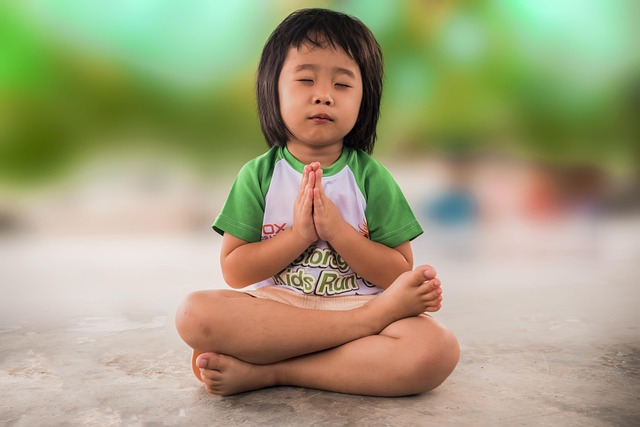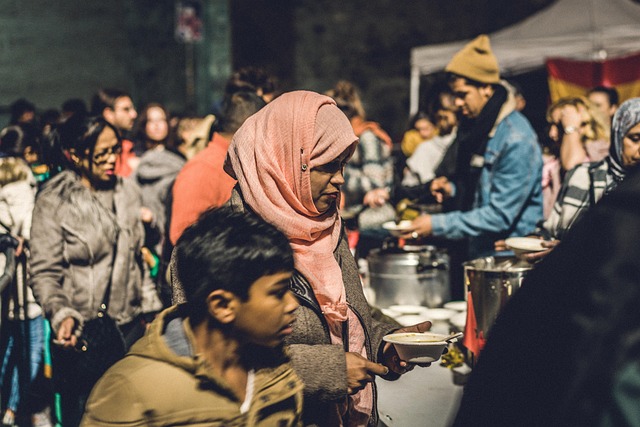In today’s world, where divisions often overshadow unity, the role of religion in fostering strong communities cannot be overstated. Communities that thrive on the principles of faith and mutual respect demonstrate resilience, camaraderie, and a shared sense of purpose. One striking example of this is the phenomenon of faith meetings, gatherings that serve as a foundation for dialogue, support, and shared experience.
Religion, in its myriad forms, serves as a powerful catalyst for bringing people together. Whether it’s a small prayer group or a large-scale interfaith event, faith meetings create spaces for individuals to connect over shared beliefs, values, and aspirations. In these gatherings, participants often share personal stories that reflect their spiritual journeys, struggles, and triumphs. This exchange fosters empathy and understanding, knitting individuals into a more resilient, cohesive unit.
Furthermore, organized activities stemming from faith meetings enhance community bonds. When members come together for communal service, charity drives, or social outreach, they not only reinforce their individual beliefs but also address social needs within their neighborhoods. This unifying effort often leads to improved housing, better educational resources, and enhanced health services—demonstrating that the impact of religious gatherings extends far beyond their walls.
Moreover, faith meetings often motivate individuals to confront injustices and advocate for positive change within their communities. When individuals from diverse backgrounds congregate over common religious values, they are empowered to stand against inequality and stand up for their neighbors. This commitment to social goodness not only heightens community involvement but also broadens the reach of compassion beyond individual ideologies.
The emotional ties formed during these gatherings can also have a lasting impact on personal well-being. Many find solace and strength in the shared experiences of their faith communities, which can lead to improved mental health and a sense of belonging. In an age where isolation is rampant, these connections provide crucial support systems that individuals can lean on during challenging times.
In essence, the influence of religion and faith meetings in building strong communities is profound. It invites individuals to step outside their daily routines and connect on a deeper level, ultimately fostering an environment where communal identity flourishes. Those who participate in such gatherings often leave feeling rejuvenated and empowered, ready to take meaningful action in their lives and communities.
As we navigate the complexities of modern society, it is crucial to remember the potential of unity through shared beliefs. Embracing the power of faith not only strengthens communities but also enriches the human experience, paving the way for a future where understanding and collaboration prevail over division.




